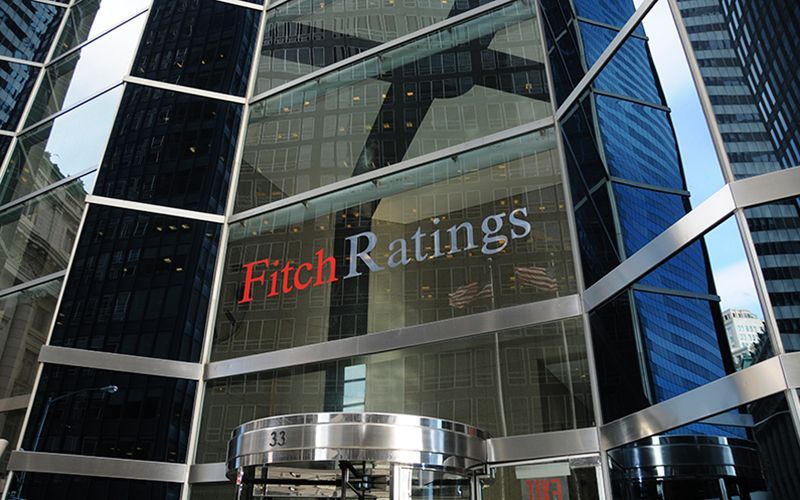Fitch states that the ratings of Eurobank and NBG are aligned with the rating of the Greek government (investment grade) and are constrained by this as well as by Fitch's view on Greece's operating environment.
“The positive outlook for Piraeus and Alpha reflects our expectations that the two banks will continue to reduce their capital burden from non-performing assets (NPAs) for which provisions have not been set, as they complete the cleaning-up of their asset quality,” Fitch said.
The upgrade of the four banks primarily reflects improvements in their standalone credit profiles, including strong and sustainable profitability over a longer period, the completion of most of the clean-up of their asset quality, stronger capital positions, and stable deposit-based funding, according to Fitch.
The upgrades also reflect the improvement in Greece's operating environment, which is seen in Fitch's upward revision of Greece's sovereign rating to “bbb-”/stable from “bb+”/positive.
Fitch expects that Greek banks will benefit from Greece's resilient economic growth of 2.3% in 2025 and 2026, above the EU average, driven by rising real wages, falling unemployment, and strong investments. "The strength of the domestic recovery broadly balances external risks," the agency stated.
Fitch also expects Greek banks to maintain healthy operating profits in 2025-2026 despite falling interest rates, due to the continued growth of loans—especially to businesses—and lower credit losses amid reduced pressure on loan servicing and significantly lower non-performing loan sales.
The banks are also expected to benefit from an increase in fee-generating activities, strong operational efficiency, and heightened digitalization.
“We expect the non-performing loans (NPL) ratio for the four banks to decline to an average of 2.5% by the end of 2026 (excluding high-quality asset-backed securitizations; end-2024: 3.3%) as performing loans grow and new non-performing loans remain limited,” Fitch added.
The resolution of non-performing loans that have been securitized by the banks and are being managed by servicers is progressing slower than Fitch had anticipated, “but most of the banks' exposure relates to high-quality, government-guaranteed securities, which mitigates risks.”
Capital buffers will remain adequate, as improved earnings generation is expected to absorb the impact of increased loans, planned acquisitions to enhance revenue diversification, higher dividend payouts, and upcoming capital regulatory changes.
“Our assessment also reflects the acceleration of the write-off of deferred tax credits from the banks' regulatory capital over the next few years and significant exposure to Greek sovereign risk,” the agency concluded.















